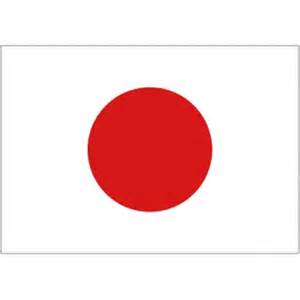Japan is the second-largest pharmaceutical market in the world. It stands to reason that its clinical research regime is also one of the most highly developed and tightly regulated.
Doesn’t it?

Japanese clinical research has recently been criticised for a fundamental lack of adherence to international good clinical practice guidelines.
At the heart of the allegations are five trials carried out by Novartis for its heart drug, Diovan (valsartan), with questionable statistical analysis and trial design. The company strenuously denies any wrong doing and the papers in question have now been withdrawn.
However, cases like this can shake faith in trials generally. Iwao Kuwajima, chair of the Japanese Organization of Clinical Research Evaluation and Review, is clear that stronger GCP rules are needed to restore credibility of Japanese trials.
Novartis pointed out that in 2001, when the studies in question were started, there were no Japanese guidelines concerning conflict of interest in clinical research. Such guidelines were not introduced until 2006.
The statistical analysis was carried out by a (now ex-) Novartis employee who also held a part-time lecturing post at Osaka City University. The papers only mentioned the lecturing role, which suggested far less potential conflict of interest.
However, there is no current requirement in Japan for analysis like this to be independently verified. In the US, the FDA carries out its own statistical analysis to verify and confirm the analysis performed by the sponsor/applicant.
The questionable data was from “open” trials in which both researchers and subjects knew which treatment was being given – far from the blinding and randomisation rules in the ICH GCP guidelines. This type of trial leaves far more opportunity for conscious or unconscious distortion of results.
The result is likely to be a move towards a trials regime that more closely matches ICH GCP. A 12-member panel is to decide whether Japanese ethical guidelines need be revised.
The Japanese government plans to close another loophole by setting periods for which universities and hospitals must store trials data. At the moment, there are no guidelines.
We have recently translated our ICH GCP course into Japanese and I am delighted to report that one global pharmaceutical company has already used it to train their Japanese staff.
What are your views on the future of Japanese clinical research? Do you think the Government is doing enough to allay fears or is its reputation terminally damaged?
I'd love to know what you think.

Blog Author: Dr. G.C. Practice






